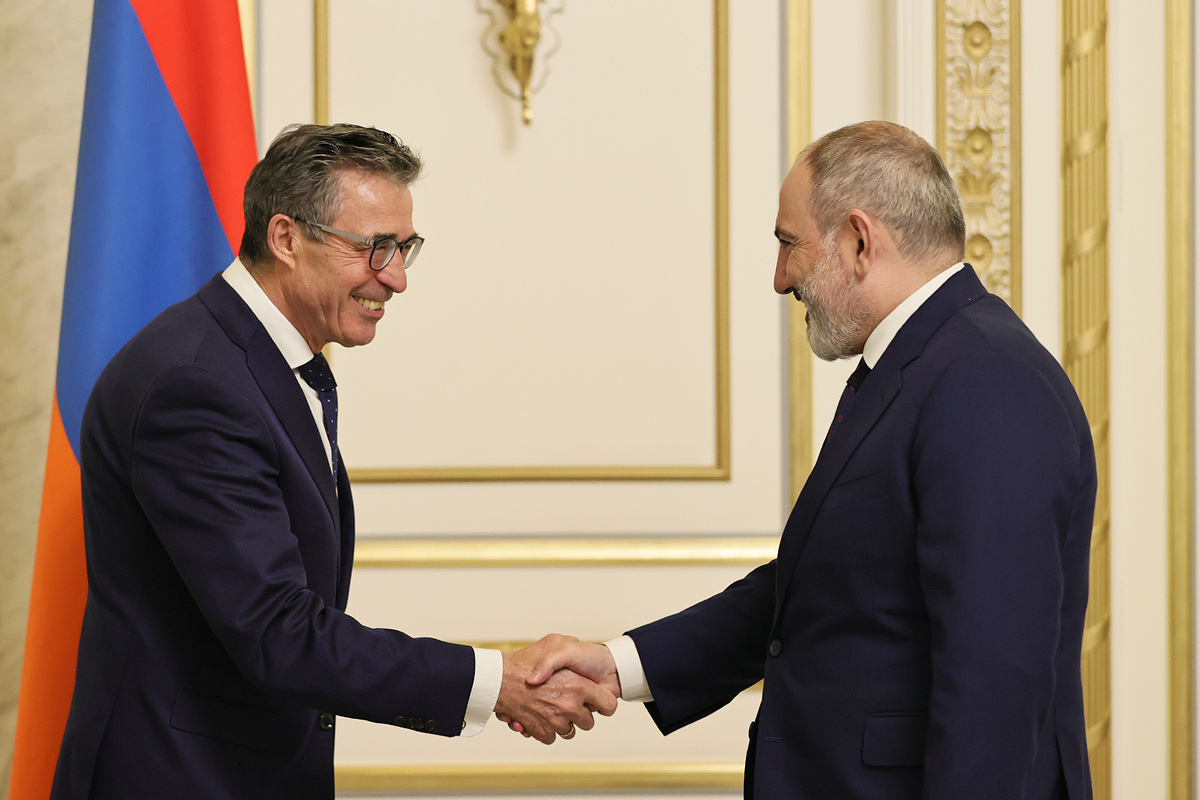
Last week, on 13-14 March, NATO's former chief between 2009 and 2014 Anders Fogh Rasmussen paid a two-day visit to Armenia. In Armenia, he met with Armenia's Prime Minister, Foreign Minister, Minister of Defense, and the Head of the National Security Council. He also met with journalists, gave a press conference, and attended a TV show. Rasmussen also visited Jermuk city and Syunik and Vayors Dzor regions and posed to the cameras at the entrance of the Lachin corridor.
Rasmussen said to the reporters that he was in Armenia at the invitation of the Armenian authorities. He explained the purpose of his visit as helping Armenia to get stronger ties with the EU and the West at large. Elsewhere, it was stated that he sought to “raise awareness of the humanitarian crisis caused by the blockade of the Lachin corridor” and to “show [his] support for Armenia's burgeoning democracy.”
The Rasmussen Global: The Influential Consultancy and Lobbying Firm in Brussels
After stepping down as the chief of NATO in October 2014, Rasmussen did not lose time to found Rasmussen Global, a consultancy firm providing its clients “wide range of services…including analysis, advice, high-level briefings with a strong tactical focus on delivery, campaign execution, communication and media outreach, and influence strategies.” As a matter of fact, Rasmussen was so expeditious that he announced his new firm just only a day after quitting his NATO post. This curious haste, however, engendered criticisms and raised concerns about Rasmussen’s integrity. Reuters reported that a campaigner from the Corporate Europe Observatory (“a research and campaign group working to expose and challenge the privileged access and influence enjoyed by corporations and their lobby groups in EU policy making”) said Rasmussen’s move “seems a shocking example of an ex-official going through the revolving door and offering his reputation, contacts and insider know-how for private gain.” Reuters also quoted a member of the European Parliament Reinhard Butikofer stating that “starting a consultancy lobbying on security issues immediately after stepping down as NATO secretary general is inappropriate and unacceptable.” Nevertheless, since its foundation, the Rasmussen Global firm has provided monitoring and intelligence gathering, political advisory, policy and influence campaigns, and speaker services to private companies working in energy, critical raw materials, finance, information technology, and space and state actors including Japan, Taiwan, and Ukraine.
As the EU Transparency Register data shows, Armenia became a client of Rasmussen Global in this fiscal year. In other words, Yerevan hired Rasmussen as a lobbyist in Brussels and Western capitals. This is the reason why Rasmussen's otherwise unimportant statements on matters related to Armenia should be paid attention as tracking these statements would help to better understand the game plan of Armenia.
Rasmussen's Counsels
In Armenia, Rasmussen voiced most of the habitual arguments of Armenia such as Armenia being a democracy surrounded by autocracies (hence, the need to protect Armenia), and the “inhumane” blockade of the Lachin corridor and the subsequent “humanitarian crisis” (hence, the need to lift the blockade), and so on. In addition to these, Rasmussen made two important arguments that need to be dwelled on.
One of these is his perspective on how to reach peace between Armenia and Azerbaijan. Rasmussen claimed that guarantees for the rights and security of the Armenians in Azerbaijan's former Nagorno Karabakh region are a prerequisite for a lasting peace between the two long-time adversaries. For that, Rasmussen said, not only an international monitoring mission but an international peacekeeping mission, in his words an “armed mission,” with a robust mandate, ideally a UN mandate, is necessary. In addition, Rasmussen stated that the formation of an Armenian self-defense force in the former Nagorno-Karabakh region and a “demilitarized zone close to the border” “makes sense.” In brief, Rasmussen advocated for an armed UN peacekeeping force and preferably an Armenian military formation, and a demilitarized buffer zone between the former Nagorno Karabakh region and the rest of Azerbaijan as the necessary conditions for peace between Armenia and Azerbaijan. At this point, it is important to take notice that the same sort of ideas have begun to be voiced by Armenian officials. For example, just a few days before Rasmussen's visit, the secretary of Armenia's Security Council Armen Grigorian argued for “international presence” in and a “demilitarized zone” around Karabakh. Given the above-mentioned business contract between Rasmussen and the Armenian government, this accord should not surprise anyone.
In Armenia Rasmussen made some other interesting statements, too. Speaking to reporters and experts both in a closed round table meeting and at a TV show, Rasmussen suggested security dialogue/cooperation between Armenia and the EU, in addition to cooperation in diplomatic and other fields. He said that the European Peace Facility, a special fund of the EU, could be used to help Armenia to purchase Western weapons and military equipment. He argued that this would help to restore the broken military balance in the South Caucasus consequent to the deepening of the alliance between Türkiye and Azerbaijan. Upon a question, he said Armenia's membership in the CSTO is a limitation but not an obstacle to this kind of cooperation between Armenia and the EU.
Road to Peace or Renewed Escalation?
To be straight, these two suggestions are recipes not for peace but for renewed escalation between Armenia and Azerbaijan, and instability in the South Caucasus, in general. Without a doubt, the security and rights of the Armenian population in Azerbaijan should be safeguarded. Achieving this would help dissipation of ethno-social cleavages and reintegration of the Armenian minority into the wider Azerbaijani society. This is why a peace agreement between Armenia and Azerbaijan must be signed in the shortest possible time. This is also why Baku needs to formulate and put into action sound policies targeting the protection of its Armenian citizens and their rights, as soon as possible. The counsel and assistance of the international community including the EU in formulating and implementing such policies would be a welcome contribution.
What the Armenian government's lobbyist Rasmussen suggests, however, is the exact opposite of that peace-oriented outlook. What Rasmussen – hence his employer Yerevan – proposes, in reality, is to create a de facto state within Azerbaijan with some military capacity under the protection of some Western states. Baku, however, utterly rejects such ideas. It can be seen that pushing to implement this proposal would be a casus belli for Baku. Even if it does not come to that dramatic point, suggestions like that inevitably rise concerns in Baku and hinder Armenia-Azerbaijan normalization.
Anyhow, this proposal is not realistic. As Rasmussen himself also acknowledges, the realization of this suggestion requires Russia's consent. Though Rasmussen argues there could be “pragmatic cooperation” between Russia and the West, given the hostile relations between the two, this is just a daydream for the short and mid-terms. The Russian Foreign Ministry's spokeswoman Maria Zakharova's ridiculing remark on 17 March on the Pashinyan's comment on “activat[ing] additional international mechanisms” for the security of the Karabakh Armenians and Lachin corridor is one of the latest examples of the Russian view in this regard that Rasmussen and Yerevan should take into consideration.
Rasmussen's views on security dialogue/cooperation between Armenia and the EU are also questionable. First, what Rasmussen indirectly suggests is an EU-Armenia military cooperation against the Türkiye-Azerbaijan cooperation. The irony here is a former NATO chief advocates the EU to ally itself with a CSTO member state against a NATO member country Türkiye and a non-aligned country Azerbaijan. The fatuity here should be obvious to everyone, including Rasmussen. Second, it is also questionable whether the EU has enough resources and would be willing to use the European Peace Facility to provide weapons and military equipment to Armenia at a time when European experts discuss whether the EU and European countries should and could continue with its military and other assistance to Ukraine. Third, Russia, no matter how much weakened as a result of its war in Ukraine, is still a considerable military power and, as hinted above, would outright reject more Western presence in the South Caucasus, particularly at this specific time. On the exact opposite, EU-Armenia security cooperation including the armament of Armenia by the EU would stir up an aggressive Russian reaction that would jeopardize the security of Armenia and the stability in the region.
For these reasons, Rasmussen’s statements in Armenia hardly make sense. They are not wise pieces of advice that could be expected from a judicious counselor with decades-long political experience. Yet one should make no mistake. Rasmussen is not a fool, who is not aware of the implications of his statements. Rather, he has become an avid businessperson, a lobbyist in the service of the Armenian government. That is why Rasmussen and his team call the tune of Yerevan. They will continue doing so as long as the contract between the Armenian government and Rasmussen Global lasts. Consequently, it should be clear to everyone that though voiced by Rasmussen, the above-mentioned unconstructive and dangerous views are those of Yerevan. This fact demonstrates the huge responsibility of the Armenian authorities for the present failure of the normalization process between Armenia and Azerbaijan and the enduring risk of escalation in the South Caucasus.
* Photograph: primeminister.am
© 2009-2025 Center for Eurasian Studies (AVİM) All Rights Reserved
No comments yet.
-
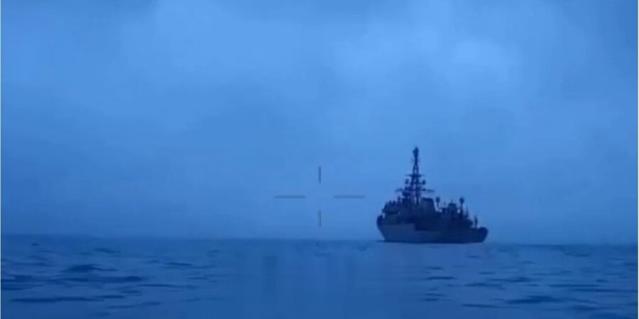 THE UKRAINE-RUSSIA WAR AND THE BLACK SEA SECURITY
THE UKRAINE-RUSSIA WAR AND THE BLACK SEA SECURITY
Turgut Kerem TUNCEL 30.05.2023 -
MEETING WITH THE ARGENTINIAN MEDIA COMMITTEE
Turgut Kerem TUNCEL 25.05.2015 -
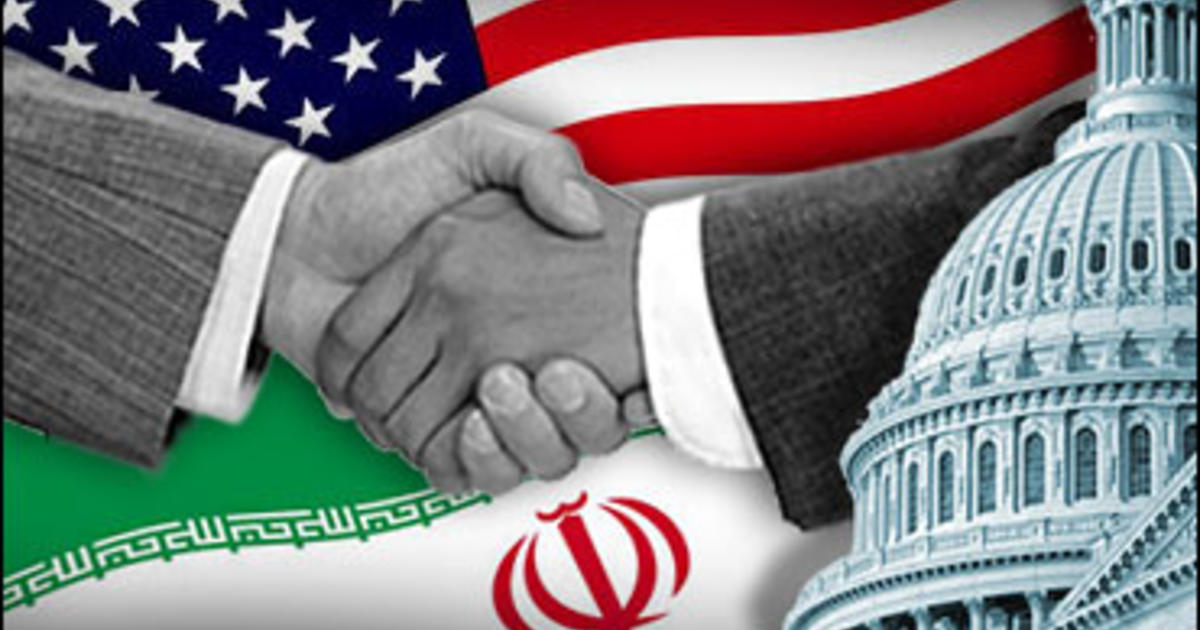 THE US AND IRAN - FOES IN UKRAINE, FRIENDS IN THE SOUTH CAUCASUS
THE US AND IRAN - FOES IN UKRAINE, FRIENDS IN THE SOUTH CAUCASUS
Turgut Kerem TUNCEL 27.10.2022 -
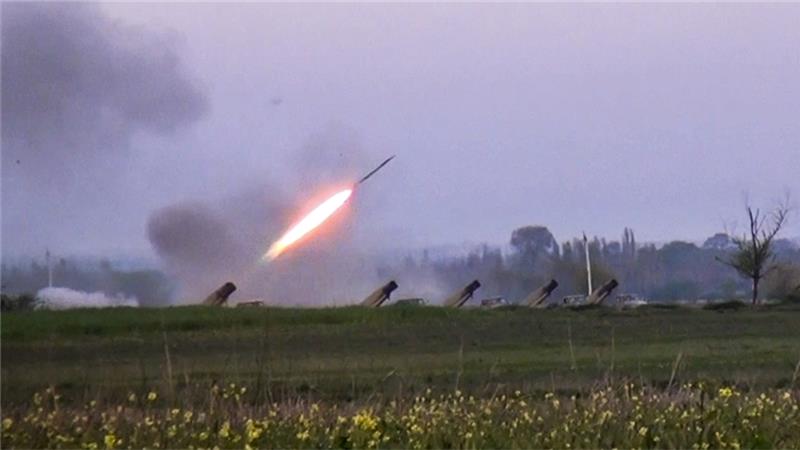 A SHORT ASSESSMENT OF THE “4-DAY WAR” IN KARABAKH
A SHORT ASSESSMENT OF THE “4-DAY WAR” IN KARABAKH
Turgut Kerem TUNCEL 20.04.2016 -
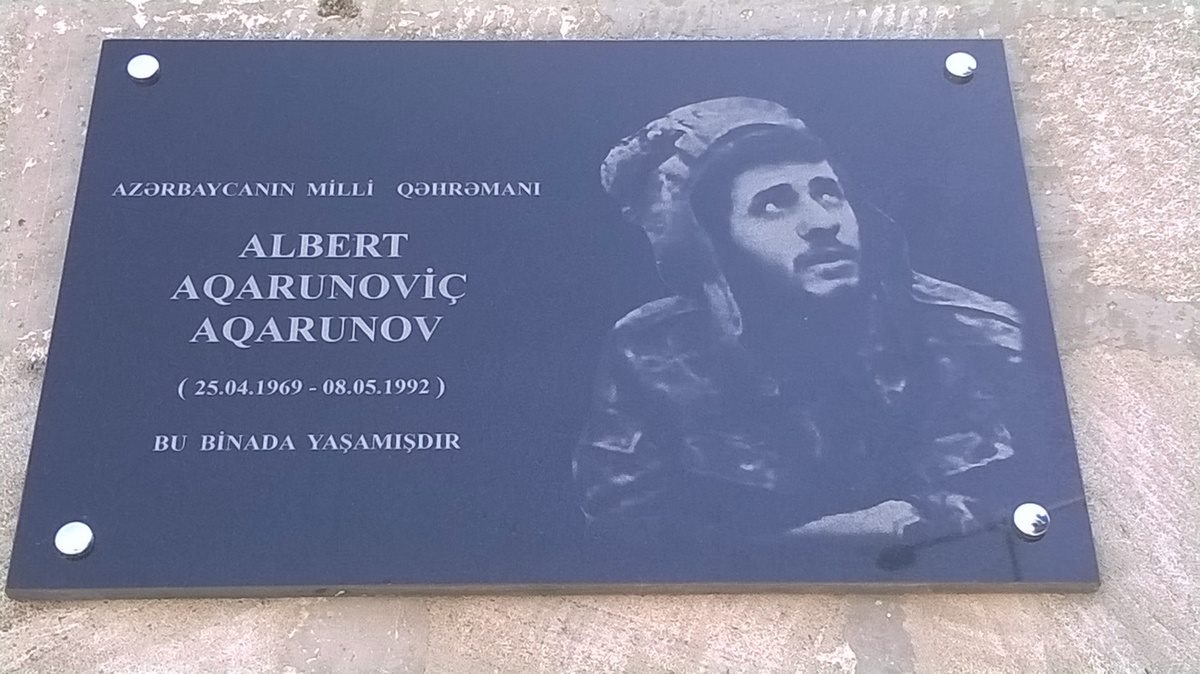 THE INSIGHT INTO THE APPEAL OF THE DE FACTO AUTHORITIES IN KARABAKH TO THE ‘ETHNIC MINORITIES’ OF AZERBAIJAN
THE INSIGHT INTO THE APPEAL OF THE DE FACTO AUTHORITIES IN KARABAKH TO THE ‘ETHNIC MINORITIES’ OF AZERBAIJAN
Turgut Kerem TUNCEL 05.10.2020
-
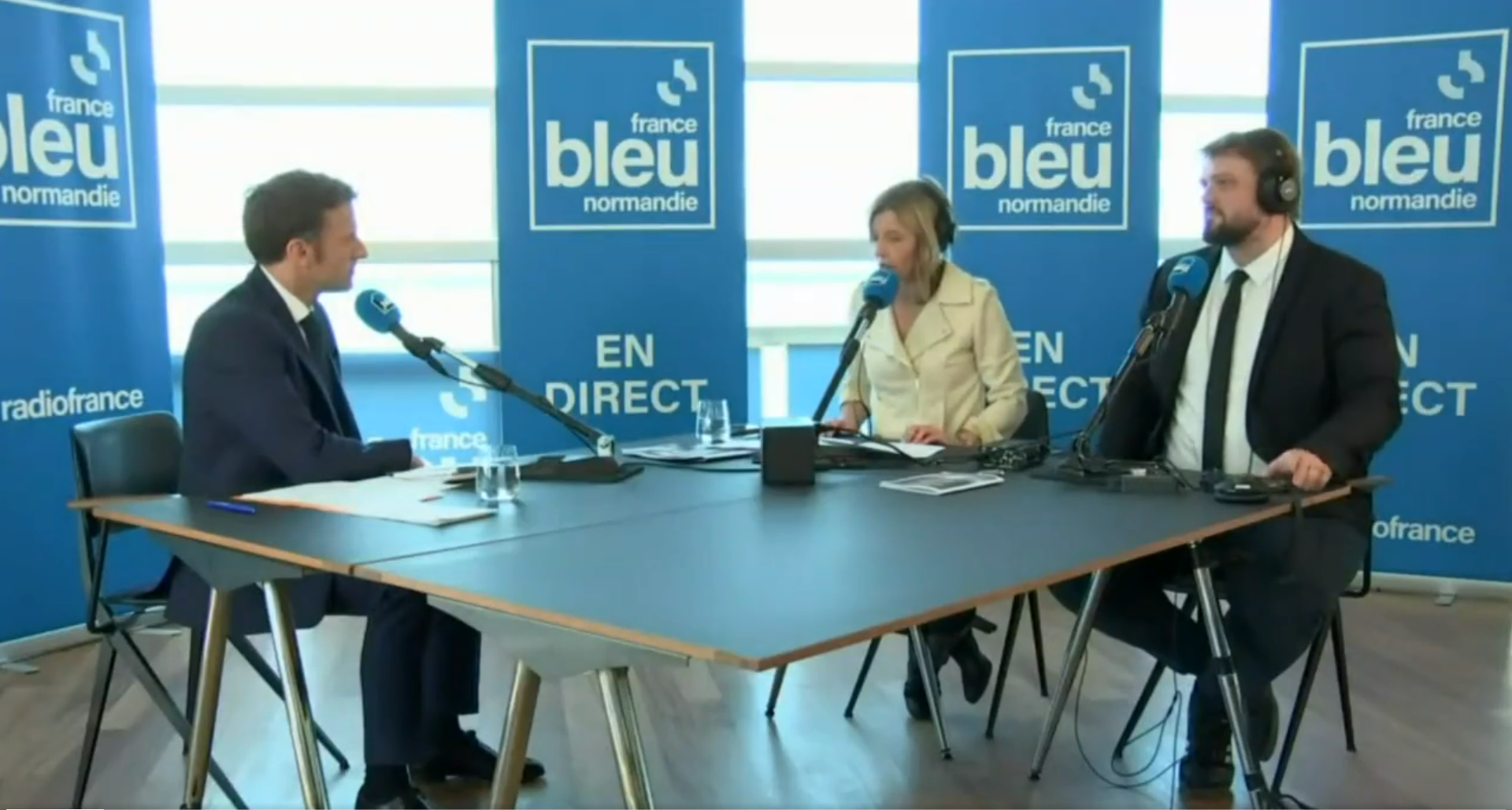 ARBITRARY AND CARELESS DISCOURSES DEGENERATE THE LEGAL DEFINITION AND CONTENT OF THE TERM GENOCIDE
ARBITRARY AND CARELESS DISCOURSES DEGENERATE THE LEGAL DEFINITION AND CONTENT OF THE TERM GENOCIDE
Teoman Ertuğrul TULUN 21.04.2022 -
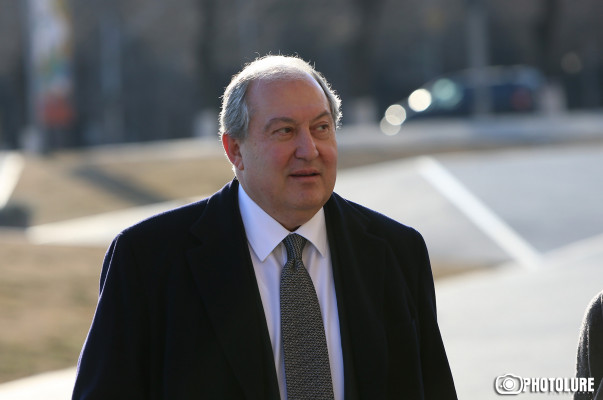 ARMEN SARKISSIAN’S PRESIDENCY AND THE QUESTIONS ON ETHICS AND POLITICAL CULTURE IN ARMENIA
ARMEN SARKISSIAN’S PRESIDENCY AND THE QUESTIONS ON ETHICS AND POLITICAL CULTURE IN ARMENIA
Turgut Kerem TUNCEL 12.04.2018 -
RESOLUTION RECEIVING ONLY TWO VOTES
Ömer Engin LÜTEM 15.12.2011 -
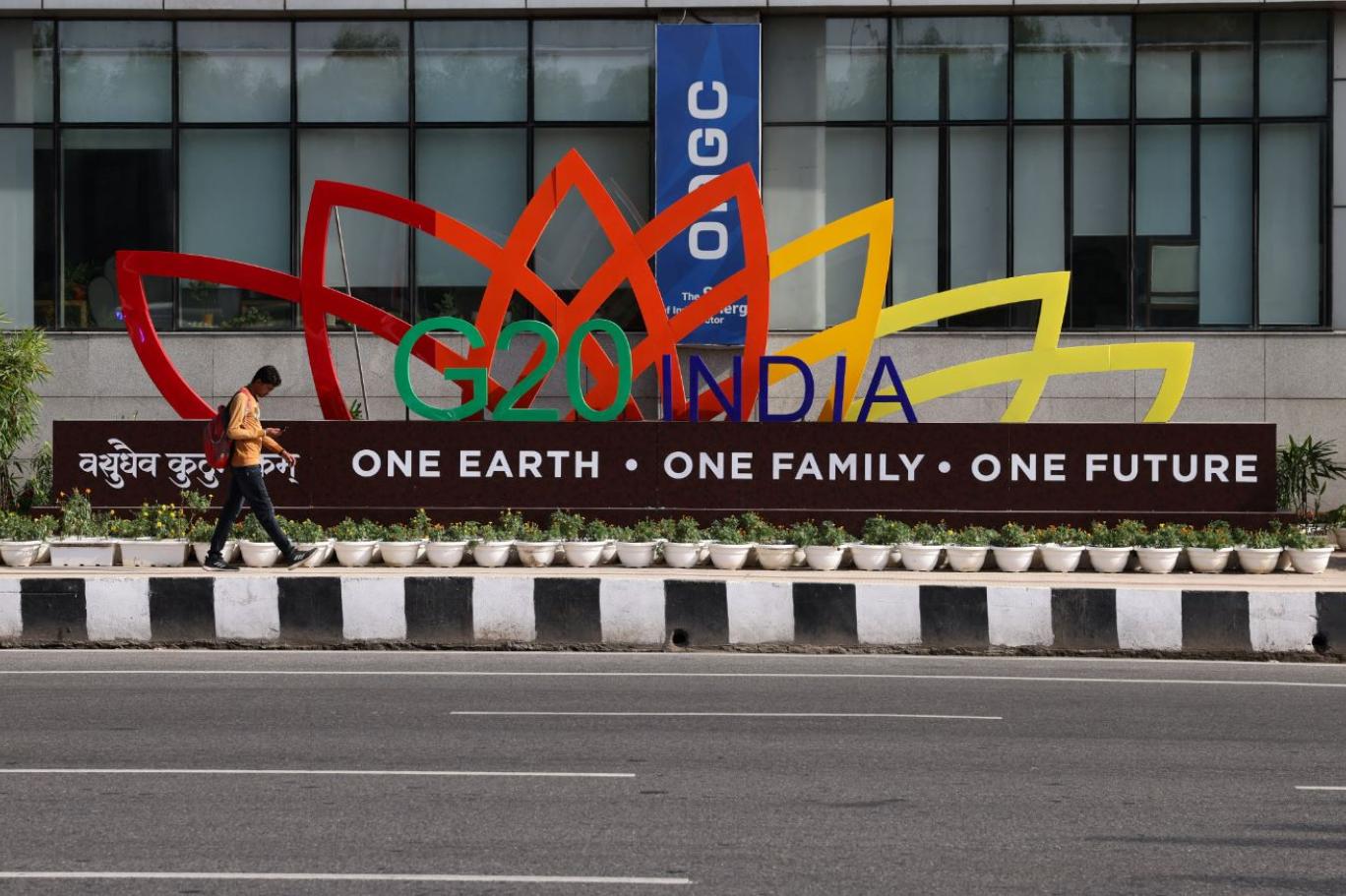 WHY SHOULD THE G-20 NOT ABOLISH ITSELF?
WHY SHOULD THE G-20 NOT ABOLISH ITSELF?
Hazel ÇAĞAN ELBİR 25.09.2023 -
 THE ORGANIZATION OF TURKIC STATES AND THE CLAIMS OF TURANISM AND PANTURKISM
THE ORGANIZATION OF TURKIC STATES AND THE CLAIMS OF TURANISM AND PANTURKISM
Selenay Erva YALÇIN 19.12.2024
-
25.01.2016
THE ARMENIAN QUESTION - BASIC KNOWLEDGE AND DOCUMENTATION -
12.06.2024
THE TRUTH WILL OUT -
27.03.2023
RADİKAL ERMENİ UNSURLARCA GERÇEKLEŞTİRİLEN MEZALİMLER VE VANDALİZM -
17.03.2023
PATRIOTISM PERVERTED -
23.02.2023
MEN ARE LIKE THAT -
03.02.2023
BAKÜ-TİFLİS-CEYHAN BORU HATTININ YAŞANAN TARİHİ -
16.12.2022
INTERNATIONAL SCHOLARS ON THE EVENTS OF 1915 -
07.12.2022
FAKE PHOTOS AND THE ARMENIAN PROPAGANDA -
07.12.2022
ERMENİ PROPAGANDASI VE SAHTE RESİMLER -
01.01.2022
A Letter From Japan - Strategically Mum: The Silence of the Armenians -
01.01.2022
Japonya'dan Bir Mektup - Stratejik Suskunluk: Ermenilerin Sessizliği -
03.06.2020
Anastas Mikoyan: Confessions of an Armenian Bolshevik -
08.04.2020
Sovyet Sonrası Ukrayna’da Devlet, Toplum ve Siyaset - Değişen Dinamikler, Dönüşen Kimlikler -
12.06.2018
Ermeni Sorunuyla İlgili İngiliz Belgeleri (1912-1923) - British Documents on Armenian Question (1912-1923) -
02.12.2016
Turkish-Russian Academics: A Historical Study on the Caucasus -
01.07.2016
Gürcistan'daki Müslüman Topluluklar: Azınlık Hakları, Kimlik, Siyaset -
10.03.2016
Armenian Diaspora: Diaspora, State and the Imagination of the Republic of Armenia -
24.01.2016
ERMENİ SORUNU - TEMEL BİLGİ VE BELGELER (2. BASKI)
-
AVİM Conference Hall 24.01.2023
CONFERENCE TITLED “HUNGARY’S PERSPECTIVES ON THE TURKIC WORLD"









